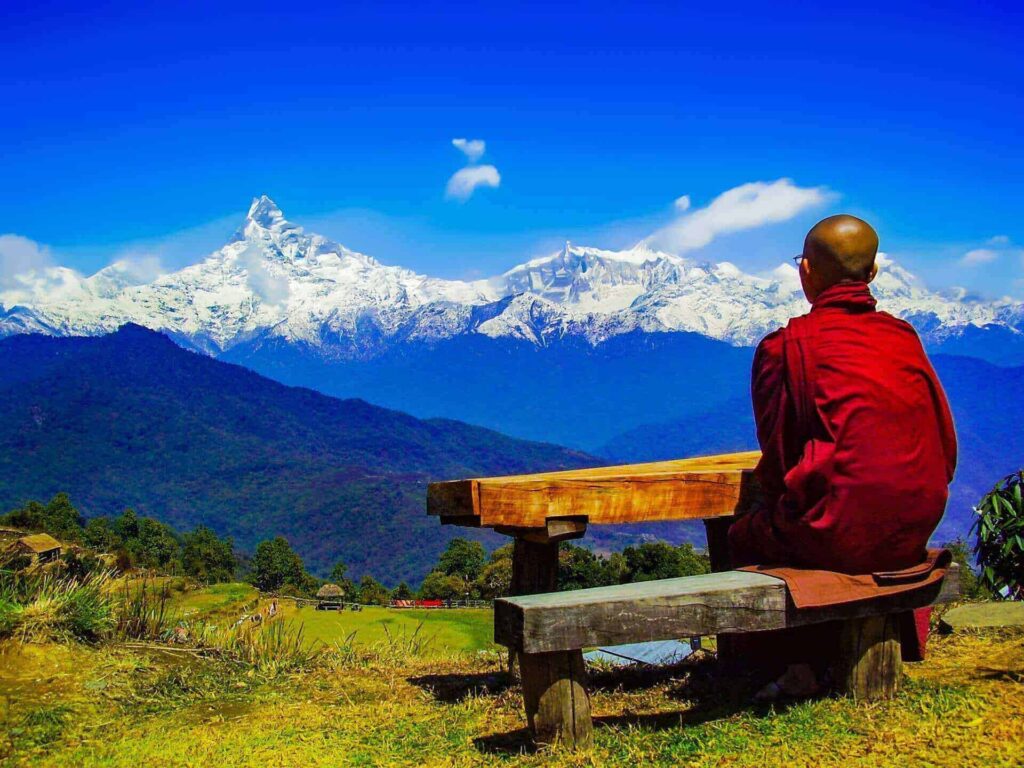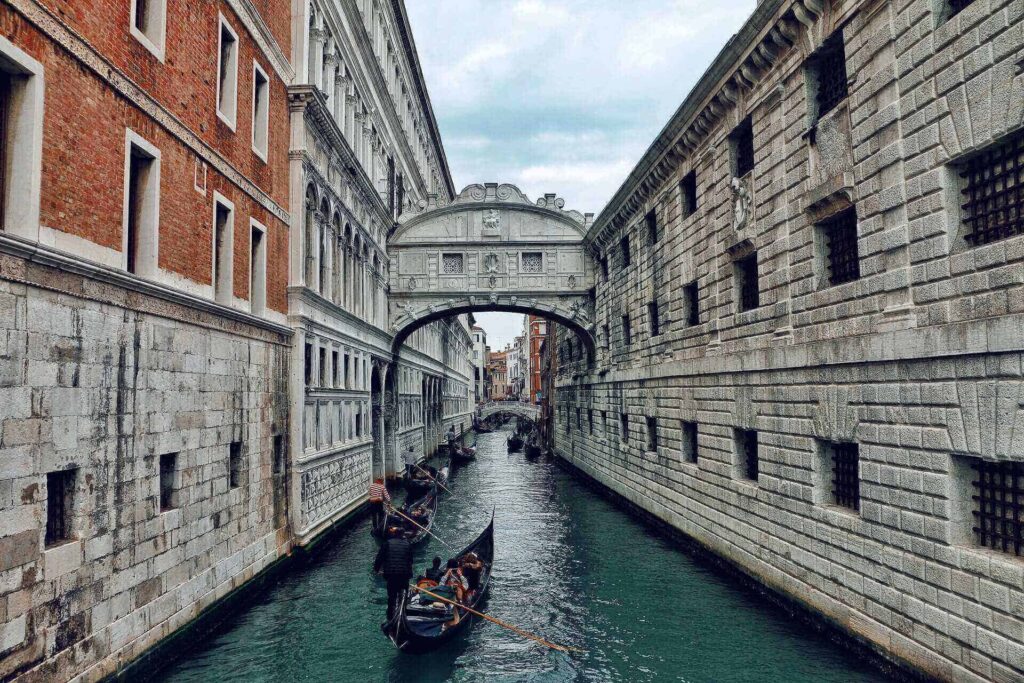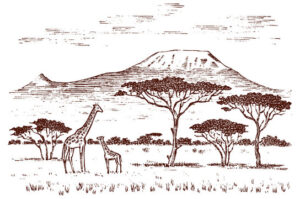The Ngorongoro Conservation Area was declared a UNESCO World Heritage Site in 1979. It comprises diverse landscapes, including dense mountain forests, woodlands, grasslands, lakes, and swamps. The area is home to some of the world’s most significant archaeological sites, such as Oldupai Gorge and Laetoli, providing evidence that hominids inhabited the region over 3 million years ago, making it a potential birthplace of humankind.
The Ngorongoro Crater is the world’s largest unbroken, inactive, and unfilled caldera, with a diameter of around 19 km (12 miles) and majestic walls that rise just over 610 m (2000 feet). Covering an area of 260 sq km (100 sq miles), the crater floor is home to over 30,000 animals, including the rare black rhino. The area also has over 40,000 Masais residing in it, making it one of the few places in Tanzania where human habitation is allowed within a wildlife-protected area. The conservation area is adjacent to the Serengeti National Park, and to access the Serengeti, one must pass through the conservation area.
Overview
Travel is the movement of people between relatively distant geographical locations, and can involve travel by foot, bicycle, automobile, train, boat, bus, airplane, or other means, with or without luggage, and can be one way or round trip. Travel can also include relatively short stays between successive movements.
The origin of the word “travel” is most likely lost to history. The term “travel” may originate from the Old French word travail, which means ‘work’. According to the Merriam Webster dictionary, the first known use of the word travel was in the 14th century.
It also states that the word comes from Middle English travailen, travelen (which means to torment, labor, strive, journey) and earlier from Old French travailler (which means to work strenuously, toil). In English we still occasionally use the words “travail”, which means struggle. According to Simon Winchester in his book The Best Travelers’ Tales (2004), the words “travel” and “travail” both share an even more ancient root: a Roman instrument of torture called the tripalium (in Latin it means “three stakes”, as in to impale).












